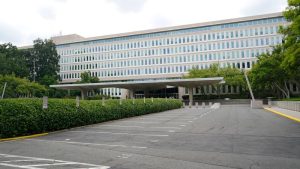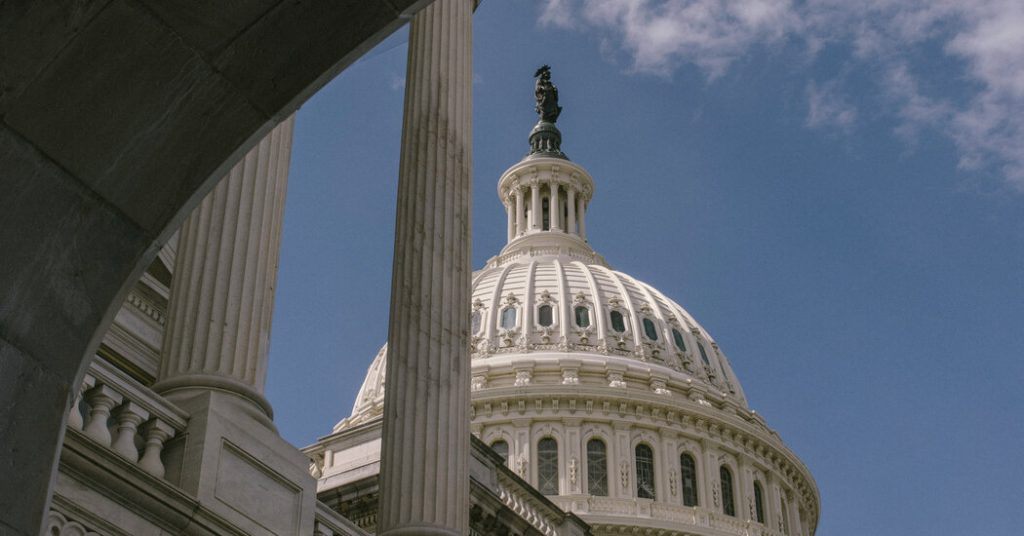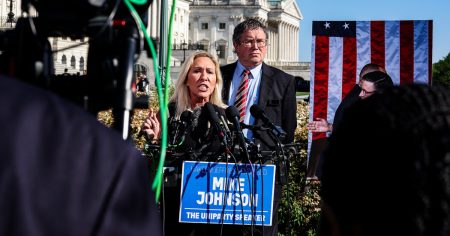Senate leaders from both parties are urging their colleagues to renew a warrantless surveillance law before it expires at midnight on Friday. The law in question, known as Section 702, allows the government to collect messages from foreigners abroad without a warrant, even if they are communicating with Americans. The law has a long history dating back to a warrantless wiretapping program created by President George W. Bush after the September 11 attacks, which was later legalized by Congress in 2007 and modified in 2008 with the enactment of Section 702. This law is set to expire and faces several proposals for renewal in the Senate.
The House bill that passed last week would extend Section 702 for another two years while also adding some controls to the program. Advocates for privacy are pushing for amendments to the bill that would limit the government’s ability to search communications of Americans collected under Section 702 without a warrant. They are also seeking to remove a provision expanding the types of service providers that can be compelled to participate in the program. Additionally, there is a proposal to prevent the government from purchasing personal information about Americans from third-party data brokers without a warrant.
Even if the Section 702 law were to expire, the program would likely still continue to operate under a provision in the 2008 law that allows for certifications issued by the Foreign Intelligence Surveillance Court to remain in effect until their expiration dates. This means that the program could technically operate until next April, even if Congress does not renew the expired statute. However, there is a risk of a temporary pause in collection from a particular provider if they object to continuing to comply with the program.
Historically, the provision allowing the program to continue despite the expiration of the underlying statute has been legally tested and upheld by the FISA court. In the past, companies have been compelled to comply with the program even after the law had expired. However, there is still a possibility of a gap in collecting communications if a provider decides to stop cooperating, as happened with Yahoo in 2008. The Justice Department is confident it could prevail in court in such a scenario, but the resolution could lead to delays in collecting communications from that entity.
While the government can continue to operate the Section 702 program if the law expires, there may be limitations on its ability to add new service providers to the program. The Justice Department regularly directs new internet-based communication services to join the program when suspected adversaries are using them, but it is not entirely clear if the government would have the authority to issue new orders to a new service if the law expires. This creates some uncertainty around the future of the program and its ability to adapt to emerging communication technologies.















